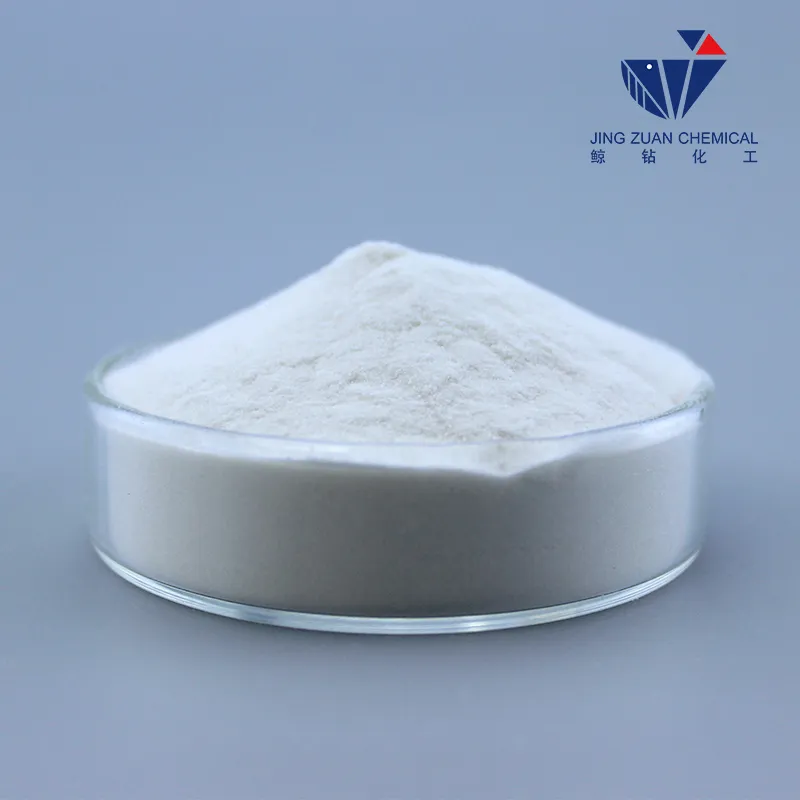
Oct . 09, 2024 10:31 Back to list
Leading Manufacturers of Hydroxyethyl Cellulose for Various Industrial Applications
An Overview of Hydroxyethyl Cellulose Manufacturers
Hydroxyethyl cellulose (HEC) is a versatile water-soluble polymer derived from cellulose, a natural polymer obtained from plant cell walls. HEC is widely used in various industries due to its unique properties, including thickening, stabilizing, and film-forming abilities. Its applications span across industries such as pharmaceuticals, cosmetics, personal care products, paints, and construction. Given its extensive utilization, the demand for high-quality HEC has led to a growing number of manufacturers specializing in this essential chemical.
Understanding Hydroxyethyl Cellulose
HEC is synthesized by the etherification of cellulose with ethylene oxide. This process results in a compound that is soluble in cold and hot water, making it an ideal agent for a range of applications. Due to its non-ionic nature, HEC does not interact with the charged components commonly found in formulations, ensuring compatibility and stability. This characteristic is particularly beneficial in products that require a consistent viscosity without altering the chemical balance.
Key Applications of HEC
1. Pharmaceuticals In the pharmaceutical industry, HEC is used as a thickening agent in gels and as a binder in tablets. Its biocompatibility makes it suitable for various formulations, ensuring improved drug delivery and effectiveness.
2. Cosmetics and Personal Care HEC is a popular ingredient in lotions, creams, shampoos, and other personal care products. It enhances the texture, providing a smooth application and a pleasant feel on the skin and hair.
3. Construction In the construction industry, HEC is often added to cement and mortar formulations to improve workability and water retention. This leads to better adhesion and durability of construction materials.
hydroxyethyl cellulose manufacturers

4. Food Industry HEC is also finding its way into the food sector, where it serves as a thickener and stabilizer in food products, contributing to improved texture and consistency.
The Market Landscape
The market for hydroxyethyl cellulose is competitive, with numerous manufacturers vying for a share. Companies are focused on producing high-quality HEC while ensuring compliance with global regulations and standards. With growing environmental concerns, many manufacturers are also adopting sustainable practices, such as sourcing renewable raw materials and minimizing waste during production.
Leading manufacturers of HEC often invest in research and development to create innovative products that meet the evolving demands of various industries. This includes the development of specialty grades of HEC, which cater to specific industrial applications.
Factors Influencing HEC Production
Several factors impact the production and demand for hydroxyethyl cellulose. The increasing consumer preference for eco-friendly and natural products has prompted manufacturers to explore sustainable production methods. Additionally, advancements in technology play a crucial role in enhancing the efficiency of HEC production, ultimately influencing pricing structures and product availability.
Conclusion
Hydroxyethyl cellulose manufacturers are pivotal in responding to the diverse needs of industries that rely on this versatile polymer. By prioritizing quality, sustainability, and innovation, these manufacturers not only meet the current market demand but also pave the way for future advancements in various applications of HEC. As industries continue to evolve, the importance of reliable and effective HEC will undoubtedly remain significant, heralding a bright future for manufacturers in this sector.
-
Versatile Hpmc Uses in Different Industries
NewsJun.19,2025
-
Redispersible Powder's Role in Enhancing Durability of Construction Products
NewsJun.19,2025
-
Hydroxyethyl Cellulose Applications Driving Green Industrial Processes
NewsJun.19,2025
-
Exploring Different Redispersible Polymer Powder
NewsJun.19,2025
-
Choosing the Right Mortar Bonding Agent
NewsJun.19,2025
-
Applications and Significance of China Hpmc in Modern Industries
NewsJun.19,2025







